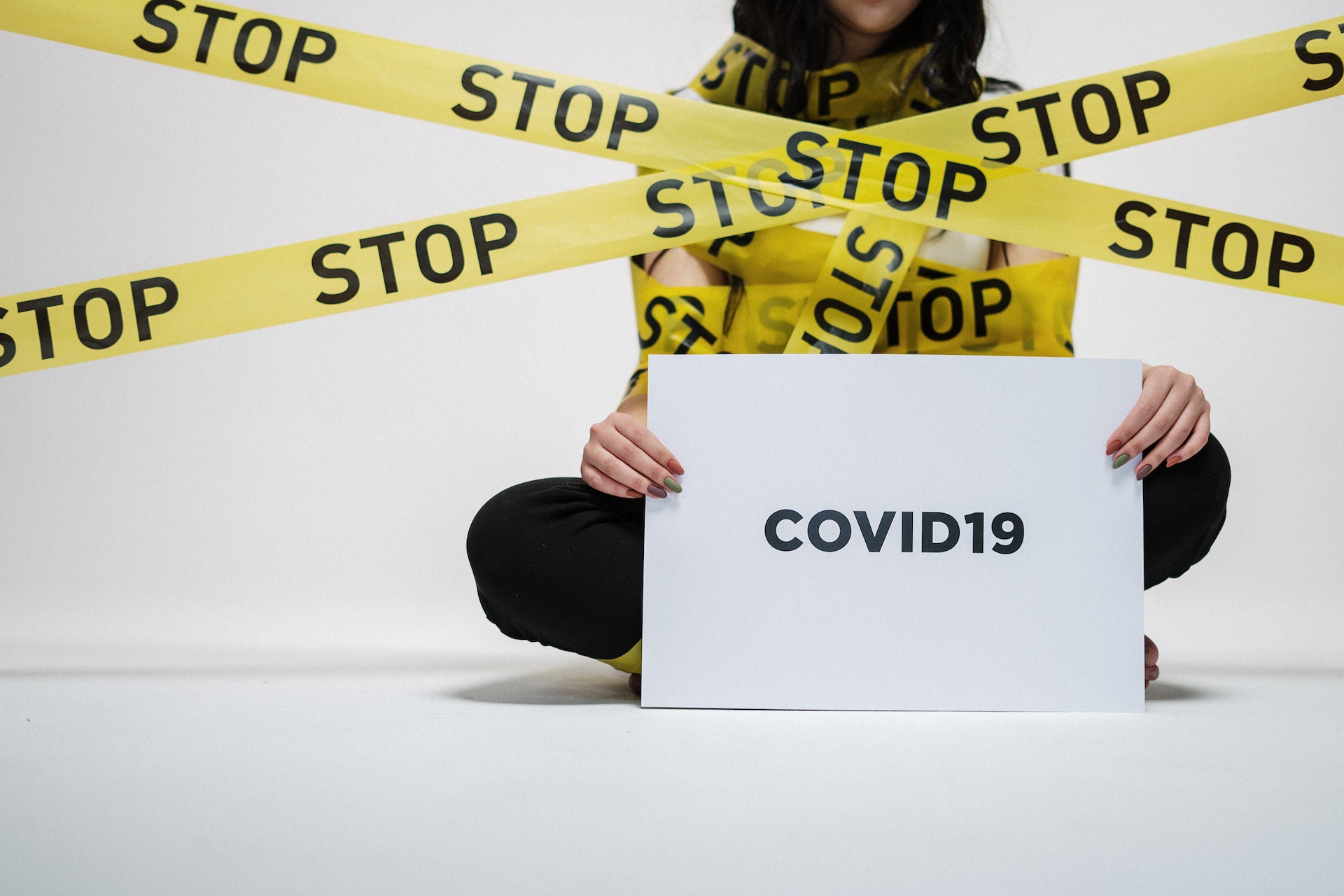When health anxiety affects our health
With all the talk of the coronavirus, it is little wonder that we may start feeling anxious. When we suffer from anxiety already, something like the fear of getting ill can tip us over the edge. Anxiety about this virus can set off a whole range of thoughts, feelings, and reactions. These can range from panic, social withdrawal, anger, difficulty concentrating, and hypervigilance for your health.
We may start avoiding social settings, suddenly worrying about getting into the lift or taking the bus to work. Our mind can start to play tricks on us. Did we wash our hands after touching the door handle?
Having ways to manage your anxiety around the coronavirus will make the next weeks and months more manageable. We may know rationally that the chances of getting the virus are negligible, and even then the vast majority of people recover quickly, but our minds may still go into overdrive. There are many things that we can do to manage our fears and anxieties. Most of these steps are part of a healthy lifestyle.
Dealing with health anxiety
The first step is to get the facts, not the hype. Stay informed. We are hugely lucky to have one of the finest state health organisations in the NHS. They have their finger on the pulse and can give very clear instructions on how we can remain healthy as a country.
Keep things in perspective Whilst you have the facts, we may still be tempted to constantly read the press. Watching the reruns of upsetting footage of other countries is not useful. Each time we watch yet another news clip, we are re-engaging the anxiety. We are reigniting the anxiety. We can only respond to what is happening in the UK. Taking a break from watching allows you to start focusing on your life; we then start focusing on the here and now as opposed to the ‘what if’. Consciously deciding to have a healthy boundary to how much news you watch is an excellent first step in taking back control.
Wash hands regularly
Staying healthy by following the advice of sneezing into tissues and binning and washing hands are all good practices at the best of times. Little things like using hand sanitiser and frequently washing your hands are all we can realistically do. Be mindful
We also have to be mindful of our assumptions. Isolating someone who has a cough may unwittingly stigmatise a person or community. For example, people in the Asian community have spoken to the press about being shunned. We know that all people from affected countries are being screened. We need to be aware that we may be unwittingly making assumptions that, in turn, can be isolating people. Stay active and social
Maintaining social networks and day to day arrangement is important in reducing anxiety. Staying active and connected to our social network is vital. Exercise quickly reduces the physical symptoms of anxiety, while having a meaningful conversation with a friend is known to provide for our emotional needs. We need to remind ourselves that there are whole teams of highly professional people who are making sure that we all remain healthy. If we needed to change the way we are going about our day to day life, we would be the first to know.
If you are feeling overwhelmed by the stress, seek support. If this is getting in the way of your everyday life, talking to a counsellor will help you gain perspective and give you some ways of managing the anxiety. Sometimes we may need more than just our friends and family saying we are overreacting. It is OK to ask for support.
